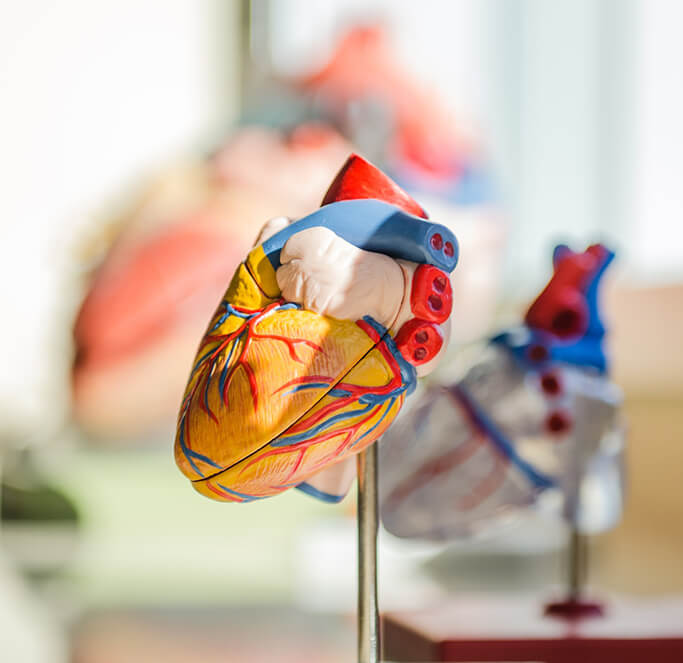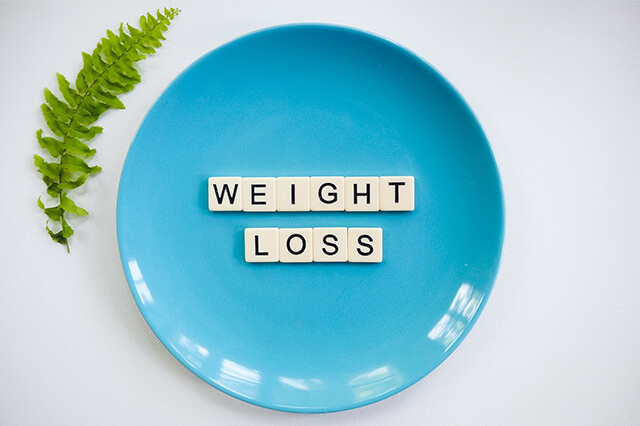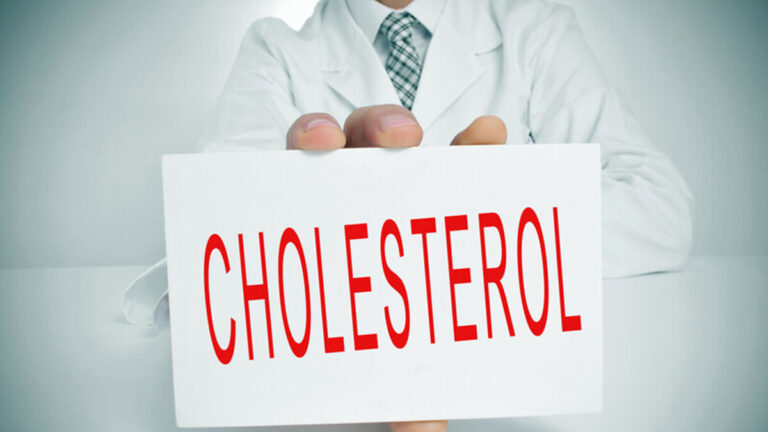We are raised in different systems and beliefs, where eating meat is considered healthy and good for our bodies and organs. That meat will give us strength and is crucial for our muscles and bones. And the most common belief – is that it contains more iron than any other food.
Newer studies are showing quite the opposite. Meat is not as healthy as presented, and it can even cause some diseases that are life-threatening. One of them is high cholesterol levels, which can seriously affect your health and lead to serious heart conditions.
Could you look an animal in the eyes and say to it, ‘My appetite is more important than your suffering’?
Moby
Cholesterol levels in meat
Surprisingly, both red and white meat have an equally negative impact on cholesterol in your body, according to a study led by UCSF Benioff Children’s Hospital Oakland.Scientists that were conducting the study were surprised by the findings, as they were expecting the results will have a more negative impact on red meat consumption. But it turned out that the effects on cholesterol were the same with red and white meat.
Cholesterol can lead to inflammation. It raises the chances of getting some serious diseases, even cancer.
But besides cholesterol levels, cutting the meat off your diet will result in much better gut health. Plant-based diet boosts healthy gut bacteria. It also lowers the chances of getting diabetes. Restricting meat that contains saturated fat lowers “bad” cholesterol in your blood. Saturated fats should be less than 10% of your daily calorie intake.
The interesting fact is that the consumption of red meat has been reduced last few years because of links with heart diseases. Doctors were often recommending choosing poultry as a healthier choice. However, this study shows that the impact on your cholesterol level is the same with any option you choose.
Only nonmeat proteins show health benefits, such as vegetables, legumes, beans, hemp, and nuts.
Also Read: Dive Into Your Plate and Discover How Unhealthy Your Diet is.

The link between meat and heart disease
 Heart diseases occur when arteries become narrow and can’t supply the heart with enough blood. Healthy arteries carry blood away from the heart. When cholesterol is high, fats are clogging the arteries and blood has difficulties circulating, known as arterial plaque. Arterial plaque is those deposits of fat on the walls of your arteries that are narrowing them down.
Heart diseases occur when arteries become narrow and can’t supply the heart with enough blood. Healthy arteries carry blood away from the heart. When cholesterol is high, fats are clogging the arteries and blood has difficulties circulating, known as arterial plaque. Arterial plaque is those deposits of fat on the walls of your arteries that are narrowing them down.
It is considered to be the largest of any disease, as about nine million people die due to coronary diseases.
Saturated Fat
Saturated fat increases your overall cholesterol levels, boosting the amount of the “bad” cholesterol in your blood, also known as LDL. Meat contributes to the creation of that plaque. Therefore cutting red meat from your diet will reduce your cholesterol levels.
L-Carnitine
L-carnitine is an amino acid found in meat, which contributes to arterial plaque, too. The body produces L-carnitine to metabolize fat. But L-carnitine comes also from food and it gets transformed into trimethylamine-N-oxide when it enters your body. According to Harvard Health, high levels of it might have harmful effects on the body and increase the risk of atherosclerosis.
Prevention is important! Implementing a healthy diet and habits will prevent you from heart disease!
Lifestyle changes to improve your cholesterol level and general health
Medications can help with managing your levels of cholesterol. However changing your lifestyle and habits can prevent you from potential health problems. There are four main changes to your daily life:
1. Eat plant-based food
By cutting meat off your diet, you will avoid using saturated fats that raise bad cholesterol. But besides eliminating meat, you should cut off using margarine or vegetable oil to eliminate trans fats that are harmful to your health and your heart. Margarine is usually in pastries and in frozen dough products. Also, consider eating “good” fats, which are omega-3 fatty acids. Omega 3 does not affect the “bad cholesterol”, it even reduces blood pressure, which is good for your heart. Foods that are good for the heart are: chickpeas, soybean, whole wheat, oats, and wild rice. Heart-healthy veggies are broccoli, brussels sprouts, tomatoes, and cauliflower. Also, add antioxidants, such as cabbage, avocado, beetroot, radish, lettuce, pumpkin, kale, and seasonal fruits.

2. Exercise
Physical activity can improve cholesterol levels, and release the “good” cholesterol. At least 20 minutes a day of moderate exercising can improve your overall health significantly. Cardio light exercises are helpful, like walking, riding a bike, dancing, or playing your favorite sport. If you already have some heart conditions, you should consult your doctor before starting with the training. Incorporate more physical activity in your life simply by changing your habits. Use stairs instead of an elevator, try to minimize using any kind of transportation, and make as many breaks as possible if your work requires too much sitting at the desk. Try to stand during the day whenever you remember. Consider taking breathing exercises, as they are very effective for lowering your blood pressure, reducing stress, and preventing inflammation. You can find four breathing exercises here.
3. Lose weight
Diet is a good way to reduce any heart disease risks. All extra kilograms that you carry contribute to higher cholesterol levels. Besides switching to a plant-based diet, you should also control what you eat. Minimize snacks sweet drinks, and juices. Water is a great friend to your whole organism and immune system, as it clears your body. Try to drink a glass of water whenever you remember during the day. The more you go to the toilet, the more toxins you take out of your system. Besides water, you can drink green tea or coffee.

4. Moderate alcohol consumption
Surprisingly, moderate use of alcoholic beverages links with higher levels of “good cholesterol”, known as HDL. Despite that, alcohol can cause other health conditions and addiction. Because of that, it is not for people who don’t already drink sometimes. Other health conditions that can appear if you abuse alcohol are high blood pressure or stroke. Moderate drinking implies having 1-2 glasses of alcohol per day.
Conclusion
Nature has a cure for every illness. A plant-based diet can help you boost your immunity and fight against any flu or diseases. That is why prevention is important before the problem occurs. Physical activity is also important for a regular heartbeat. Saying no to red meat will drastically reduce your levels of cholesterol.
If you already have some heart conditions and a changed lifestyle is not enough for you to feel better, you should contact your doctor if you need any medications. In any case, don’t change your healthy habits because they will help you to recover faster.


